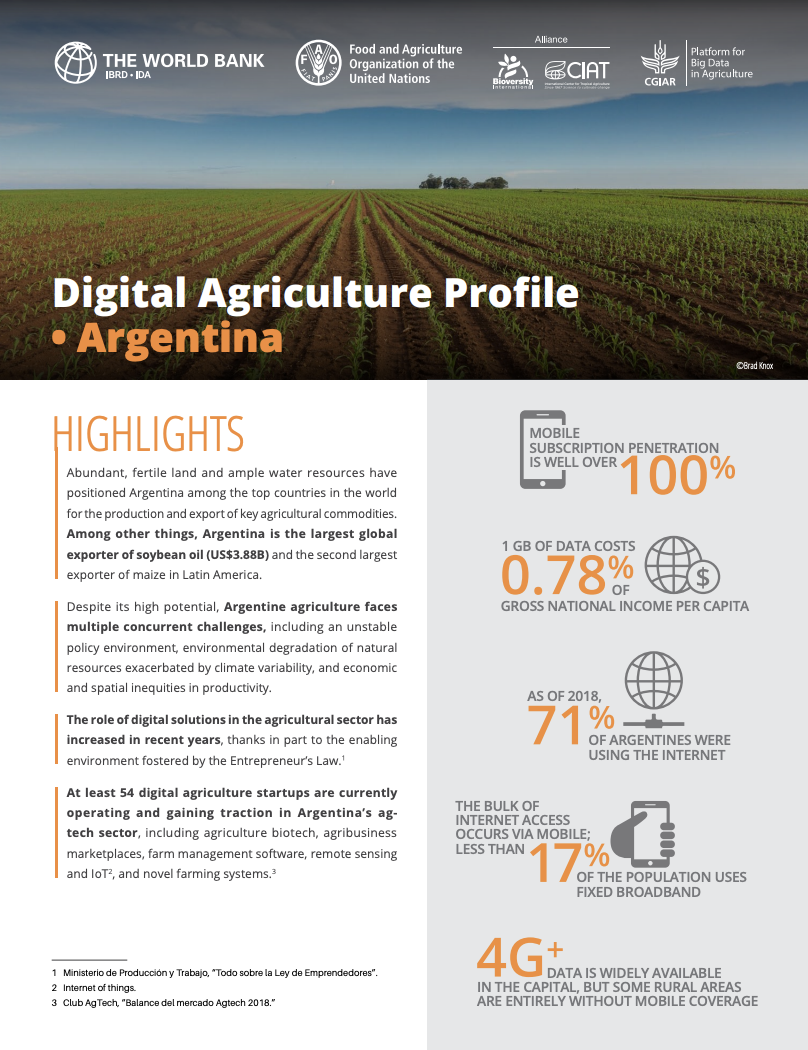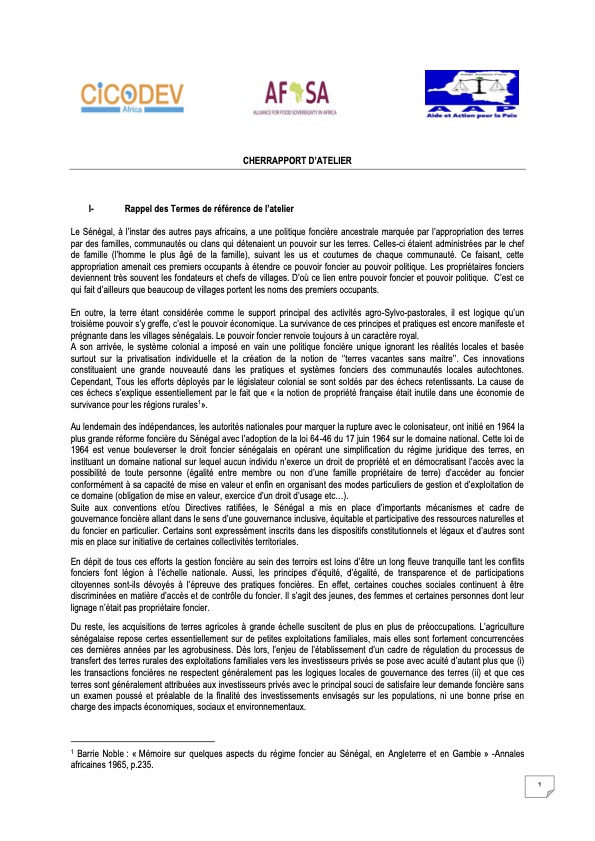Policy Workshop on Co-learning Opportunity for the Water, Energy, Food and Ecosystems (WEFE) Nexus in Nepal
Within Nepal, water, energy, food, and ecosystems (WEFE) are vital resources not merely for the current generation, but also for future ones, especially to satisfy the demands of a growing population and to respond to socio-economic changes. The WEFE nexus approach realizes that the management of water, energy, food, and ecosystems must be undertaken in a holistic way.



